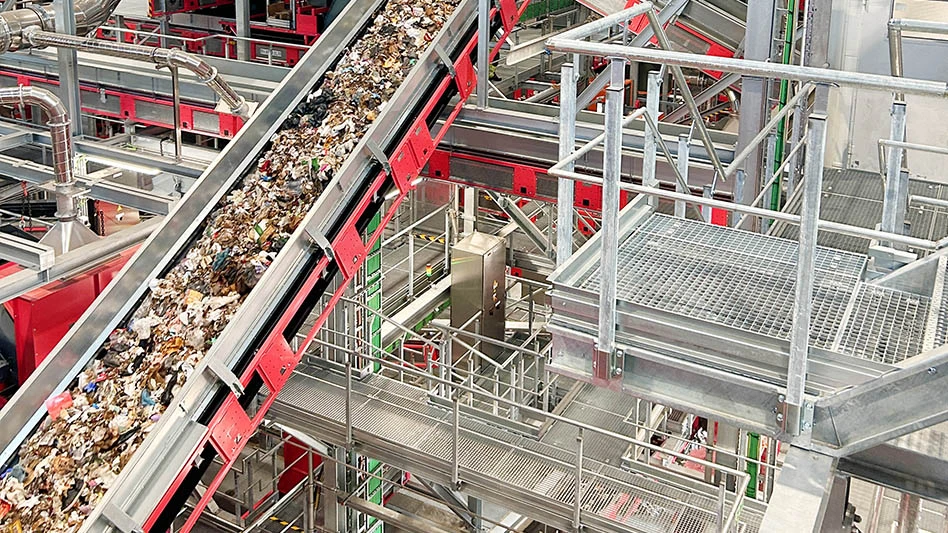
Photo courtesy of DG Fuels
Washington-based DG Fuels has chosen Fischer Tropsch (FT) CANS technology, co-developed by BP and Johnson Matthey, a London-based sustainable technology manufacturer, for its first sustainable aviation fuel (SAF) plant under development in St. James Parish, Louisiana.
The plant would be the largest deployment of FT CANS to date, seven times larger than any previously announced project using the technology, according to Johnson Matthey. The proposed $4 billion DG Fuels plant is planned to produce 600,000 metric tons of SAF per year when fully operational and would be the largest announced SAF production plant using a non-HEFA (hydrotreated esters and fatty acids) method.
DG Fuels produces renewable hydrogen and biogenic-based synthetic SAF and diesel fuel. The fuel at the Louisiana plant is expected to be produced from waste biomass. DG Fuels is projected to purchase about $120 million of sugar cane waste each year, a third of which is planned to be purchased from St. James Parish farmers.
RELATED: NextChem recieves gasification technology contract for SAF facility
“The size of this project is truly exciting and would help take the industry closer to widescale use of SAF,” says Maurits van Tol, chief executive for catalyst technologies at Johnson Matthey. “DG Fuels has ambitious plans and the fact it has secured agreements with major airlines demonstrated there is appetite in the market. Our FT CANS technology enables cost-effective deployment across a wide range of project sizes.”
FT CANS technology converts the synthesis gas derived from this biomass to synthetic crude, which is then further processed to produce the synthetic kerosene that is blended with conventional jet fuel to produce SAF.
Current international certification for this SAF requires a blend of up to 50 percent with fossil kerosene to create “drop-in SAF.” Based on a typical widebody aircraft fuel consumption rate traveling the distance from London to New York, the plant’s planned SAF production capacity, after blending, is equivalent to the fuel required for over 30,000 transatlantic flights annually, equivalent to more than 3 percent of annual traffic currently flying on that route, according to the companies.
“We are extremely excited to be moving forward with Johnson Matthey to execute our unique strategy of high carbon conversion,” says Christopher J. Chaput, president of DG Fuels. “With this technology, we will create a product that is responsibly made and can be immediately substituted for conventional aviation fuel with no engine adaptations. This partnership is a significant boost to help the aviation industry reach its climate goals.”
The plant is expected to start production by 2028. DG Fuels has already secured offtake agreements with major airlines, including multiyear deals with Air France-KLM and Delta Air Lines. DG Fuels also has a strategic partnership with Airbus to help make SAF available at scale around the world.
Latest from Waste Today
- US Senate backs reduced cuts to EPA
- ELV Select Equipment, Reworld aid NYPD in secure firearm disposal
- Waste Connections announces Q2 results
- Returnity and Cosmoprof to address reusable bag waste
- SWANA releases report on aging WTE facilities
- New economic assessment reveals cost benefits of California’s SB 54
- Premier Truck Sales & Rental opens new facility
- TeknTrash Robotics, Sharp Group partner on humanoid robot pilot





